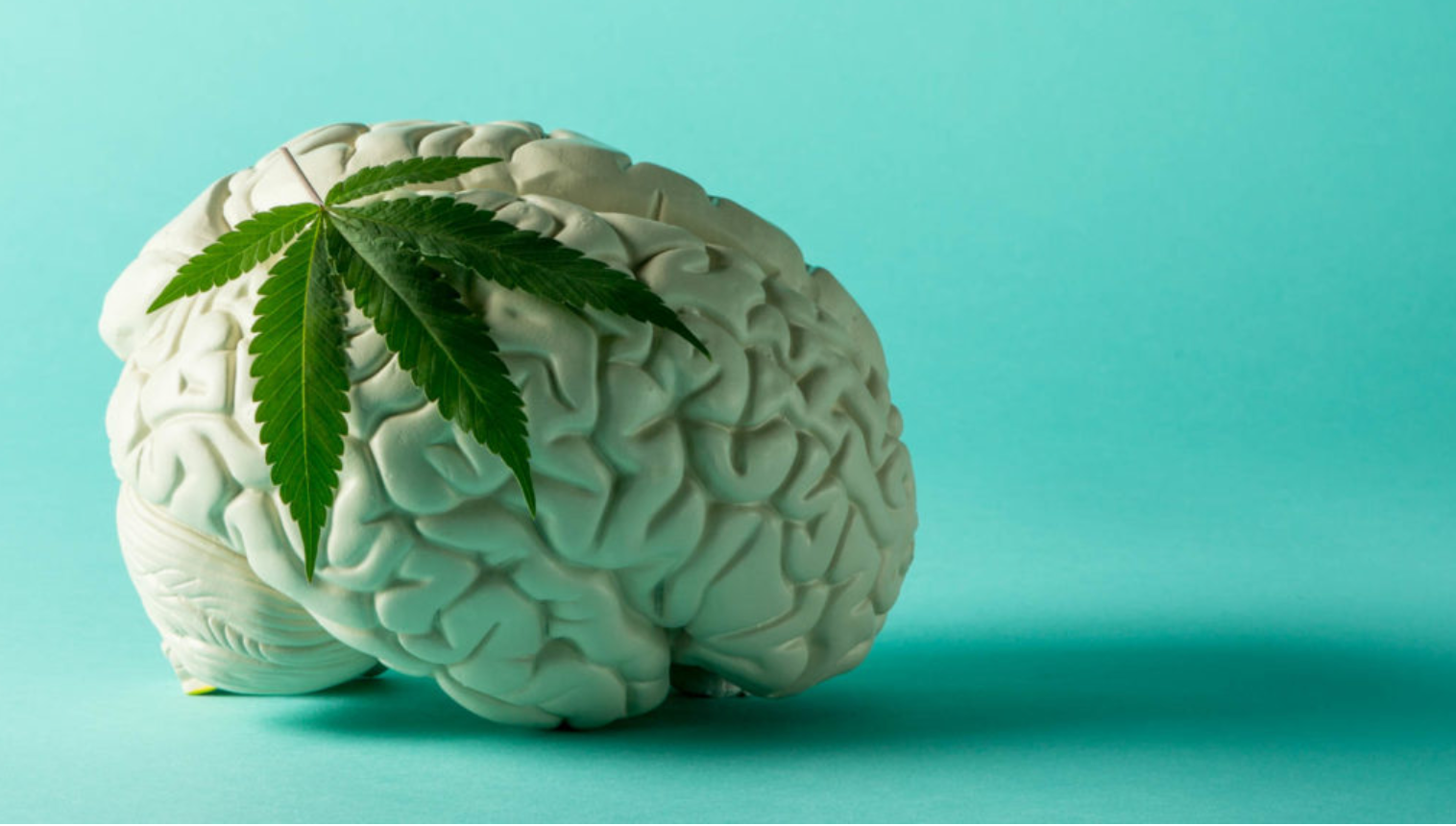
Debunking the Myth: Hemp Kills Brain Cells
Introduction
In the heart of Florida, discussions about cannabis and brain health continue to captivate a diverse audience. From health enthusiasts and medical professionals to cannabis users and hemp advocates, many are eager to understand the effects of cannabis on brain cells. The Florida Healthy Alternatives Association (FHAA) is dedicated to shedding light on this topic by examining current research and debunking persistent myths. This blog post will explore the question, "Does weed kill brain cells?" and provide insights for those intrigued by the relationship between cannabis and cognitive function.
Origins of the Myth
The belief that marijuana kills brain cells dates back to historical myths that have ingrained themselves in popular culture. In 1936, the film "Reefer Madness" depicted cannabis as a dangerous substance capable of ruining lives. This portrayal was further cemented in the 1980s with the infamous "fried egg" campaign that likened a brain on drugs to a sizzling egg in a frying pan. These exaggerated depictions contributed to the stigma surrounding cannabis, creating misconceptions that endure even today. Understanding these origins is essential for breaking the stigma and gaining a more accurate perspective on cannabis.
An Overview of the Research
Scientific studies present a nuanced view of the effects of cannabis on brain cells. Neuroscientist Dr. Adie Rae distinguishes between infrequent and regular cannabis use, highlighting that occasional use may offer neuroprotective benefits. For instance, research published in Molecular Neurobiology suggests that cannabinoids such as THC and CBD might have therapeutic effects on conditions like Parkinson's and Alzheimer's disease. However, frequent use could potentially have negative consequences, particularly when synthetic cannabinoids like Spice and K2 are involved. These substances can differ significantly from natural cannabis and may pose additional risks.
Cannabis Use and Brain Activity
A 2020 literature review in Molecular Neurobiology highlights the complex relationship between cannabis and brain activity. Cannabinoids like THC and CBD may offer therapeutic benefits for neurodegenerative conditions, providing a glimmer of hope for patients and families. Additionally, a study in Neurobiology of Aging indicates that low doses of THC could reverse age-related cognitive impairments in mice. Still, the picture becomes murkier with frequent cannabis use, which has been linked to reduced hippocampus size and gray matter volume, potentially affecting memory and learning. Recognizing these varying effects is crucial for making informed decisions about cannabis use.
Consuming Cannabis Smartly
For those in Florida interested in cannabis, moderation is key to maintaining brain health. Consuming cannabis occasionally and opting for low-THC strains can help minimize psychoactive effects. Strains like Ringo's Gift and ACDC are popular choices for those seeking a balanced experience. Additionally, exploring smoke-free methods of consumption, such as edibles or tinctures, can benefit brain health and reduce lung exposure. By taking a thoughtful approach to cannabis use and considering personal health goals, individuals can enjoy the benefits of cannabis while minimizing potential risks.
Final Thoughts on Cannabis and Brain Health
The relationship between cannabis and brain health is complex and multifaceted. While frequent cannabis use may negatively impact cognitive function, moderate consumption, especially with lower THC levels, could offer potential benefits. It's important to allow the brain to develop fully before consuming cannabis, ideally waiting until the age of 22. By following these guidelines, Florida residents can enjoy cannabis responsibly, balancing its advantages with its possible risks.
Engage with FHAA
At Florida Healthy Alternatives Association, we are committed to providing accurate and up-to-date information on cannabis. We invite you to join our community by signing up for our newsletters. Stay informed about the latest policy updates and urgent changes in the cannabis industry, and be part of a movement dedicated to informed and responsible cannabis use. Together, we can foster a healthier understanding of cannabis and its role in our lives.




